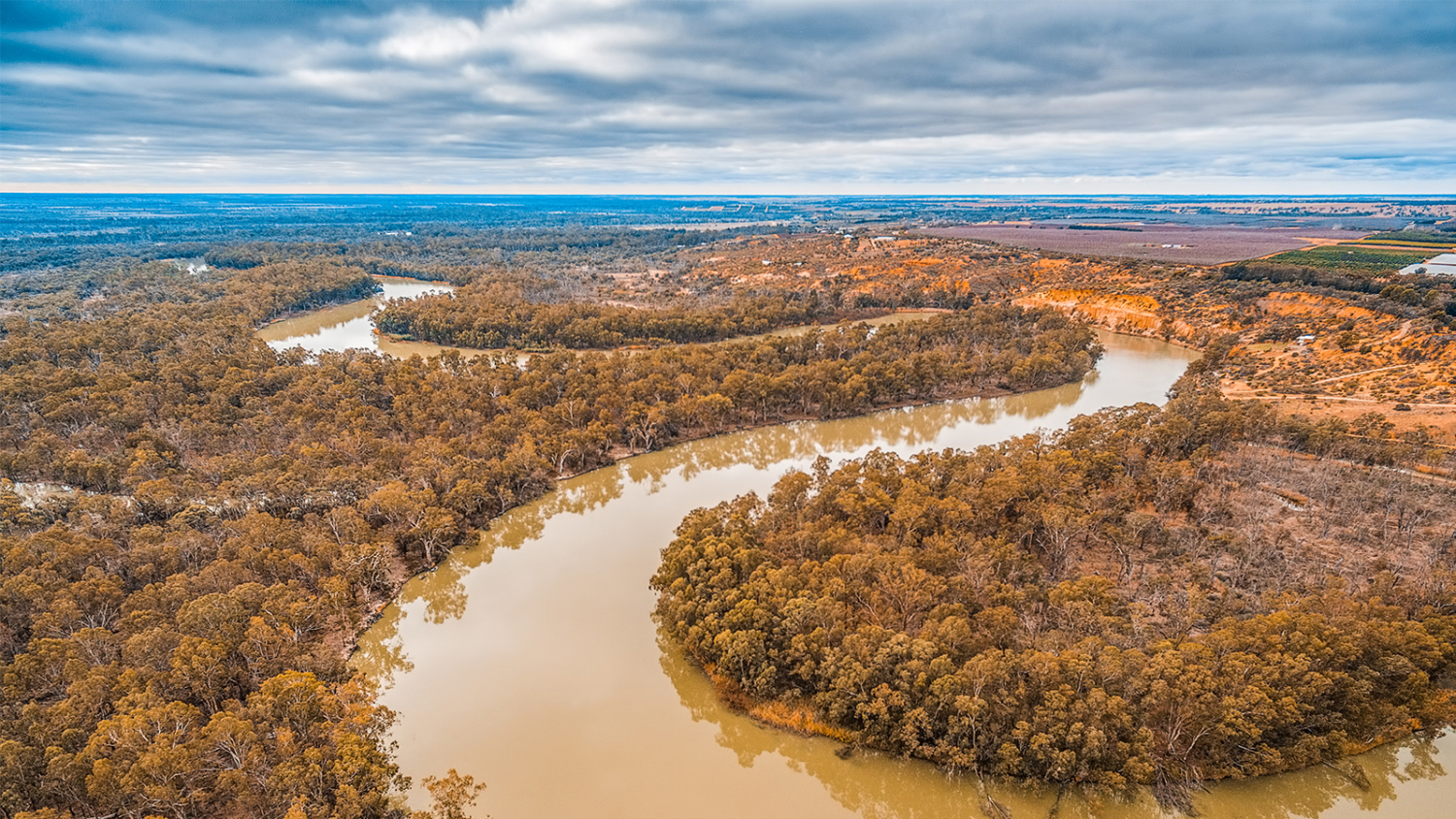
Climate & Water Risk
Understanding vulnerability to the risks of climate change and water scarcity helps ensure you can be better prepared and create a more resilient, sustainable future for your business and operations.
Risk Assessment
Cress can help you to reduce and manage your exposure by assessing the risks, identify solutions and strategically plan for changing climate conditions.
Cress specialises in examining business vulnerabilities to the impacts of climate and water shortage risk. We can also identify opportunities to increase resilience, reduce emissions, and cut costs. Whether its employing technology to slash water use, guiding your transition to renewable energy sources, or even generating bioenergy from organic waste, Cress leverages its expertise to explore the possibilities of a more sustainable future for each of our clients.
Cress can develop risk management plans with costs, timeframes, accountabilities, and reporting frameworks to manage climate risks with the potential to impact your operations. This assessment can help future-proof your organisation against the effects of climate change, reducing total cost as well as identifying opportunities for improvement or a competitive edge.
For many operators using or reliant upon water resources, the biggest impact of climate change is on water supply. Reduced water allocation often means reduced production or output. Understanding the impacts posed by a changing climate to the availability of water resources can go a long way in improving overall enterprise viability. We can help to assess your water risks and identify alternative sources, options to improve water efficiency, or increase the recycling or reuse of process water. Cress are water risk specialists and we understand that managing water resources can secure critical water supply essential for continued operation. If you are planning an expansion or developing a new site Cress can undertake a water risk assessment to ensure your investment is supported by adequate water supply.
Mitigation and Adaptation
Cress can help you to identify the impacts of climate change on your business and to identify mitigation and adaptation measures to ensure your activities can continue with minimal disruption.
Understanding which part of your operations are most at threat from the impacts of increased temperature, bushfire, flood, storm damage or climate related water restriction can help you plan your next move. It might be strengthening the resilience of existing assets, diversifying your supply chains to spread risk or future proofing sites by investing in technology or other adaptation measures.
Adapting to the challenges of a changing climate is important to minimise the impacts on your business and its operations, people, and supply chains. Cress can help you to find ways to do things differently, or indeed, do different things to maintain profitability and even uncover prospects for growth.
We can help you identify and implement asset protection measures, improvements to essential infrastructure, storm or flood protection actions, diversification of supply chains to spread risk of disruption to supply of essential materials, providing additional outdoor shade and shelter for people and animals, increasing climate control capacity for indoor environments or securing water and energy supply. Developing an adaptation plan as early as possible is good practice and early action generally more cost effective.
Reducing carbon emissions to net zero by 2050 is essential to limit warming to 1.5 degrees above preindustrial levels thereby avoiding the worst effects of climate change. Mitigating your carbon emissions will contribute to that goal and can also be a cost-reduction strategy. Cress can help you design a management plan that includes measures such as improving energy efficiency, moving to cost-effective renewable energy sources, reducing or eliminating food and organic wastes or changing production processes to reduce emissions.


Please get in touch or request a call with one of our team
to learn more.
